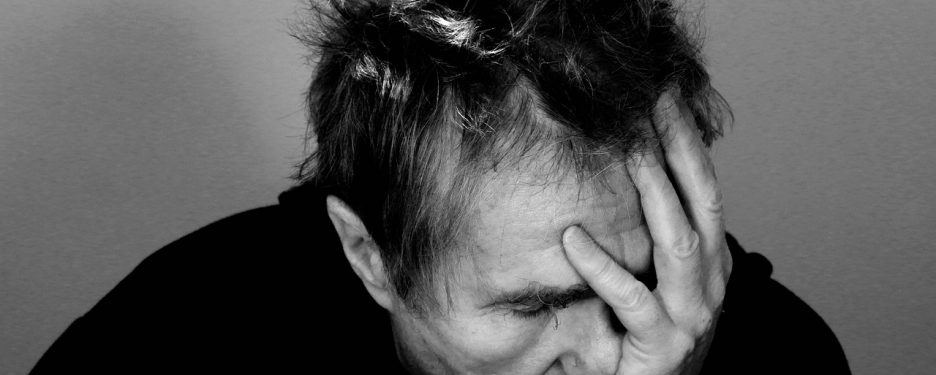Have you been visiting your GP frequently for unexplained aches, chronic fatigue, or digestive issues that don't seem to have a clear medical cause? Perhaps you've noticed that since your mood has been low, your body feels different too, heavier, more tired, somehow disconnected. As a counsellor working with people online and from my practice in West London, Oxford and Cheltenham, I often see clients surprised to learn that depression isn't just about feeling sad. It's a whole-body experience.
The Hidden Physical Reality of Depression
Depression fundamentally alters how your body functions. Your brain, that remarkable control centre, manages everything from mood to digestion, sleep to immune response. When depression disrupts these neural pathways, the ripple effects cascade throughout your entire system. Stress hormones flood your bloodstream. Neurotransmitters, those crucial chemical messengers, become imbalanced. Your body, quite literally, feels the weight of your emotional pain.
When Your Body Speaks Depression's Language
Chronic exhaustion might be your first clue. Not just tiredness, but deep bone fatigue that sleep doesn't touch. Your muscles ache inexplicably. Headaches arrive uninvited and linger. Your stomach churns, your appetite vanishes, or perhaps you find yourself eating constantly without satisfaction. These aren't separate issues. They're depression speaking through your body.
Sleep becomes elusive or overwhelming. You might lie awake for hours, mind racing, or sleep becomes an escape you can't get enough of. Your immune system weakens, leaving you vulnerable to every passing bug. Pain feels sharper, more persistent. Even minor discomforts become magnified.
The Vicious Cycle
Here's where it gets complex: physical symptoms make your depression worse, which intensifies the physical symptoms. Exhaustion makes your motivation plummet. Chronic pain increases your feelings of hopelessness. Poor sleep amplifies your emotional sensitivity. It's a feedback loop that can feel impossible to escape.
Breaking Free Through Understanding
Recognition is powerful. When you understand that your racing heart, digestive troubles, and persistent headaches might be depression's physical manifestations, you're not imagining things or being dramatic. You're experiencing a legitimate medical condition that affects your entire being.
Gentle Steps Forward
Small movements matter enormously. A five-minute walk. Drinking water regularly. Eating one nutritious meal. These aren't cure-alls, but they're cracks in depression's armour. Your body and mind heal together, gradually, with patience and proper support.
Working with healthcare providers who understand this connection is crucial. Sometimes physical symptoms need medical attention alongside mental health support.
If you're experiencing the physical toll of depression, know that healing encompasses both mind and body. At Hope and Harmony, we can explore how your emotional and physical experiences connect, developing strategies that honour your whole-person wellbeing. You're not broken, you're human, experiencing depression's full spectrum, and recovery is absolutely possible.


